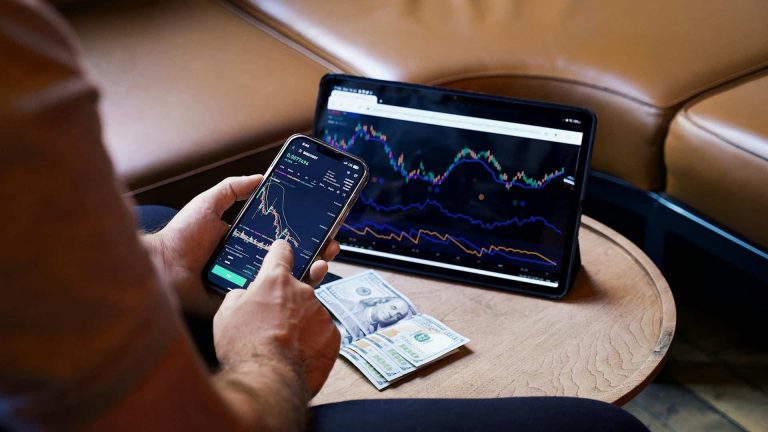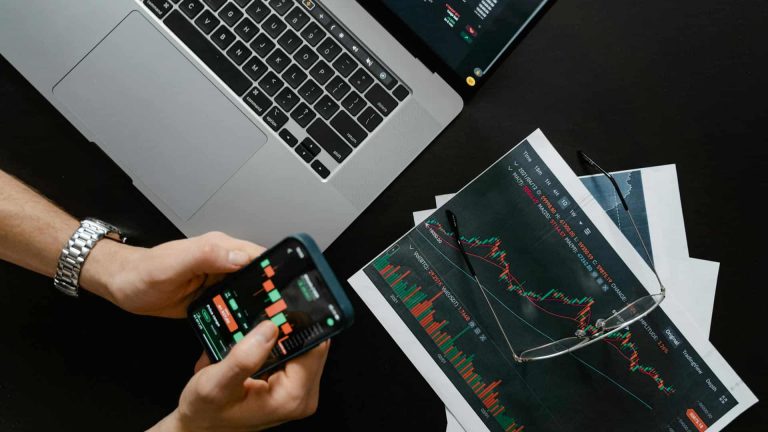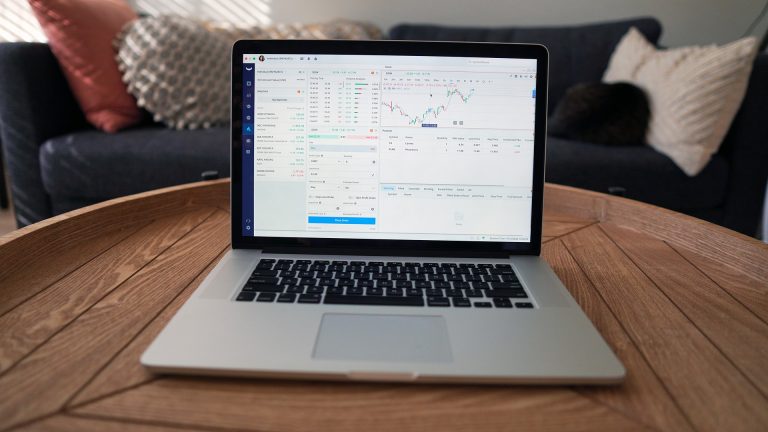A floor broker also referred to as a pit broker, is an autonomous affiliate of a trade who is certified in the execution of exchanges for merchants on the trading floor. The aim of a floor broker is to get the best prices for the merchants by competing against other traders.
Hence, floor brokers are principally active in stock exchanges, but they can be found participating in other trades such as options and futures. Floor traders tend to trade in place of massive clients such as hedge funds, service firms, or even high net worth people.
Since the floor space accessible in an active trading floor is limited, finding floor traders is rare. The dawn of electronic exchanging has gone further to make floor brokers all the more redundant.
Today floor brokers are controlled by the SEC (Securities and Exchanges Commission) as well as the trading floor they operate in. This review will look at the operations of floor brokers in detail, look at how they interact with tech, and how they are coping with today’s challenges.
Operations of Forex Brokers
Floor brokers are typically seen in the media at the main exchanges, particularly when prominent market proceedings occur, such as an intense market crash or an IPO (Initial public offering). In the NYSE, floor brokers can be identified with their iconic blue blazers.
The main hurdle that floor brokers encounter is to get the best possible exchange implementation on behalf of their clientele. This is otherwise known as the best bid price, and they have to compete against other traders to get the best terms for every acquisition or sale.
When a floor trader has concluded his/her trades, the client is informed via their appointed representatives. The floor trader acquires his commission from the profit achieved from executed trades.
It’s worthy to note that floor traders and floor brokers are two, unlike personnel. Floor brokers are agents who act in place of their clients and are autonomous affiliates of the floors they operate in. Floor traders, on the other hand, perform exchanges from their accounts.
The SEC is the regulatory watchdog that oversees floor brokers. This commission is charged with enforcement tasks and performing investigations in scenarios where the reputation of the brokers’ exchange operations is in doubt. Such cases include insider trading and front running.
How Have Floor Brokers Adopted Technology?
Until recent times floor brokers have relied on jotter notes, illustrious hand gestures, and verbal communiqué when executing their trades. This is in contrast to today because they use smartphones and PCs when getting and conveying exchange orders in the exchanging floor.
As a matter of fact, some trade floors such as the Dow Jones and NYSE have equipped floor brokers with algorithmic trading programs and other mechanization solutions in order to help them contend with fully mechanized exchanges. The NYSE even allows its floor brokers to handle stocks and securities not solely listed in the NYSE.
How Is the Floor Trader of Today Like?
Floor brokers are decreasing by the day, and as of 2020, not more than 22 firms still have floor brokers working in the NYSE. In the previous decades, there were a multitude of firms that employed the services of floor brokers.
It’s no surprise technology has played a big part in their decline because individuals who sourced for floor brokers before can directly access securities exchanges and perform their own trades.
This means that they don’t have to part with a fee to compensate the floor brokers for their services. Also, today people can perform trades more efficiently and more openly and invest the extra capital saved from commissions for investments.
Electronic trading enables exchanges to be performed in a matter of seconds rather than the several minutes taken by floor brokers. The amplified tech and speed allow for more precise appraisal. Electronic exchanges eliminate the odds of human error by floor brokers.
Final Thought
All in all, many people still feel that floor brokers still have a part to play today because they can collaborate with other experts to achieve better prices than computers. However, computers are here to stay and someday will make the role of floor brokers redundant.




